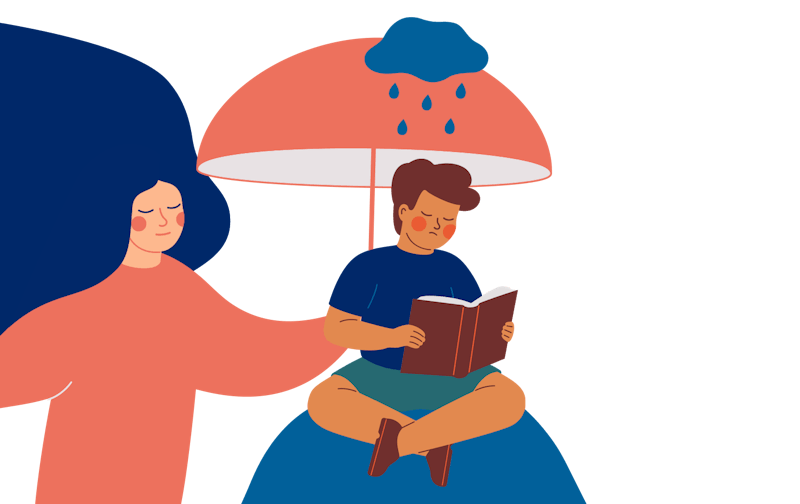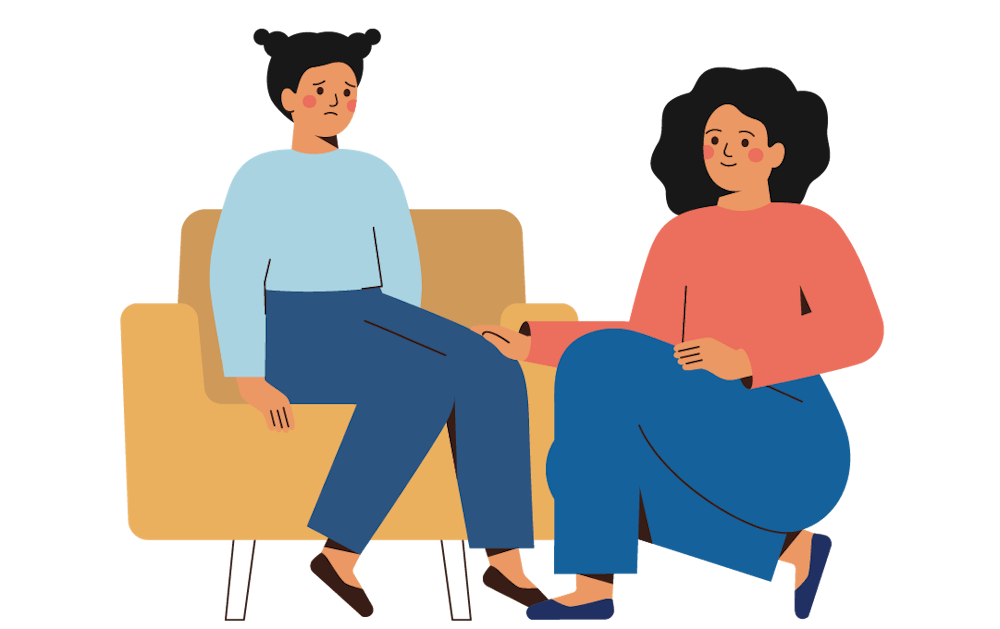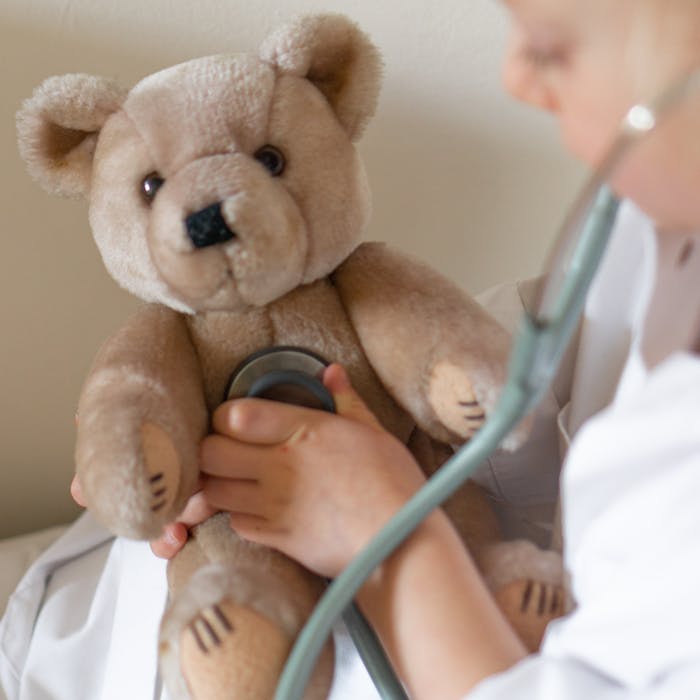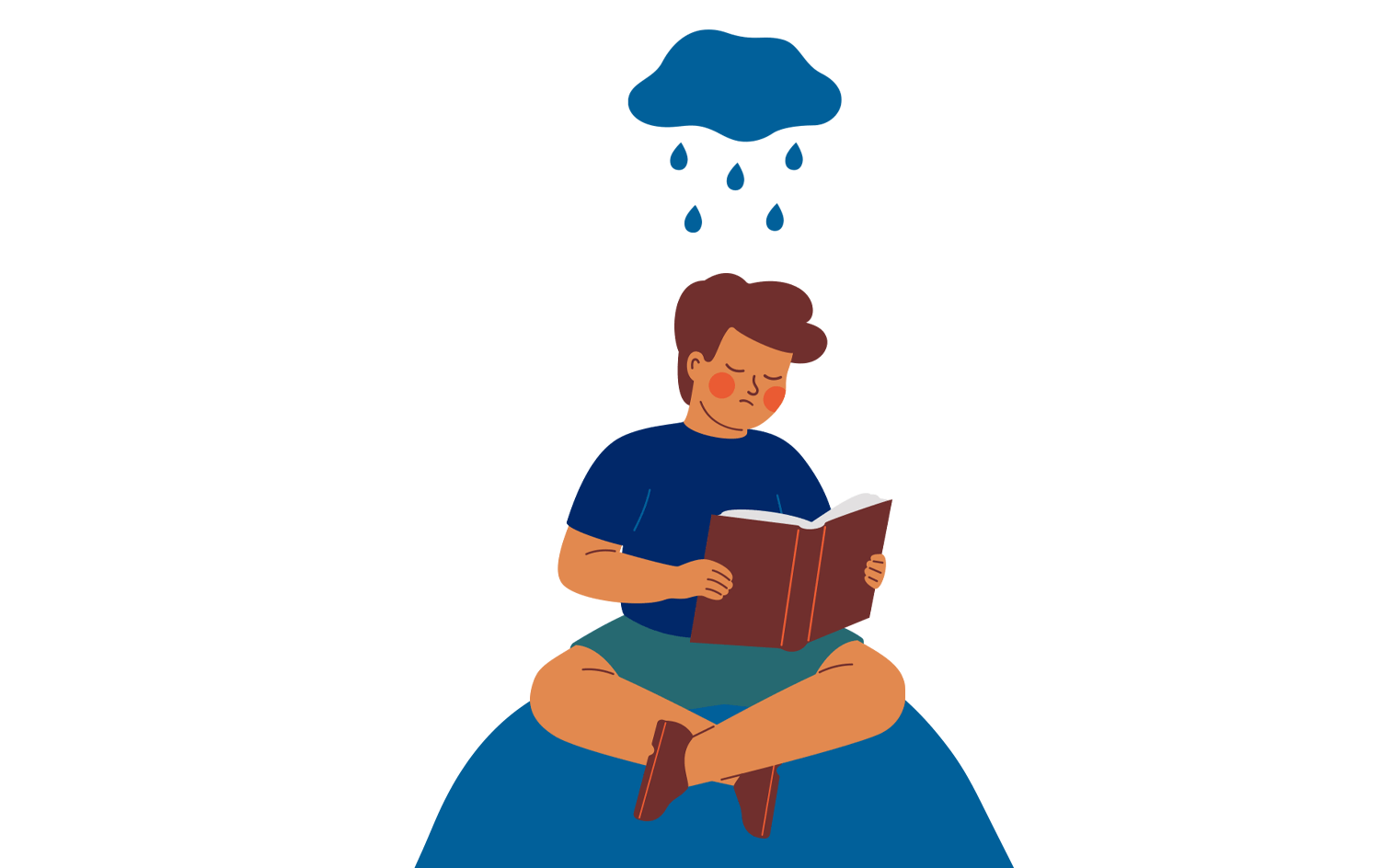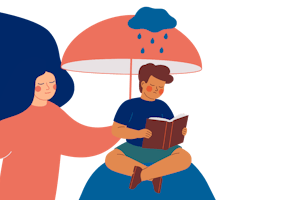Remember that for you to be there for other people you first need to be there for yourself. Nurture yourself and allow yourself to experience and process the feelings you have.
The basics
- Learn about children's normal reactions to trauma and difficult events.
- A child needs good sleep, good nutrition, and exercise to cope with stress.
- Nurture your child and let them feel safe at home.
- Ensure physical and mental intimacy with the child, both from you and family and friends.
- The best thing you can do is talk to your child in a clear and honest manner.
